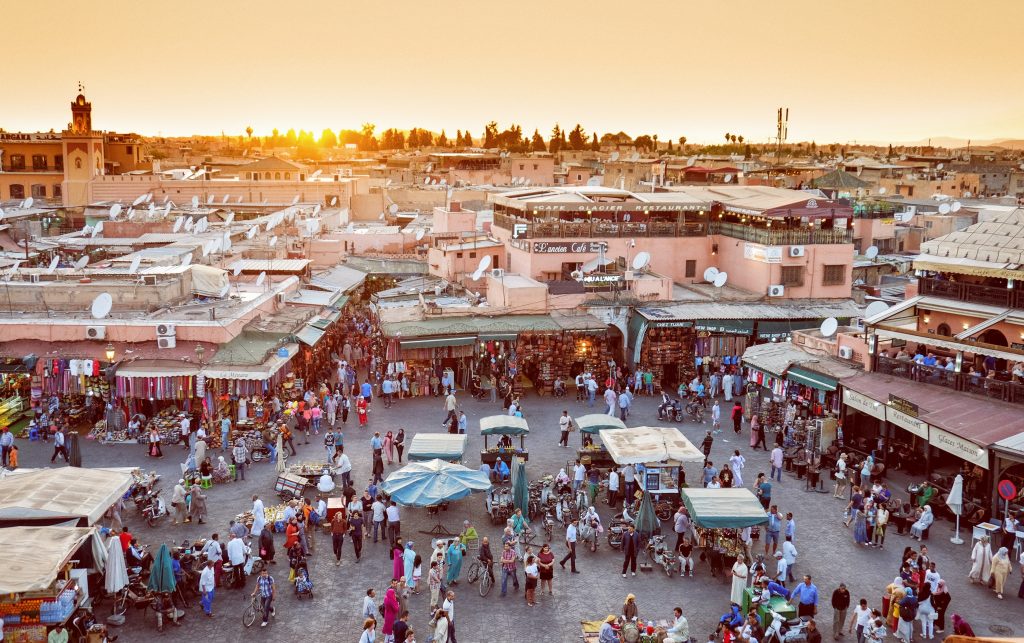A recent report by the African Private Capital Association (AVCA) suggests that Africa registered a $1.4 billion decline in venture capital deals in the first half of this year. That is so-called free markets.
According to the report, all investment stages recorded a significant downtick in volume and value, with only 263 venture capital deals transacted in the last six months, representing a 40 percent drop from last year. A type of private equity that funds start-ups and emerging companies with noted potential for growth, venture capital offers the artery through which important investors do their thing. In short, it is the home of ‘Big Money.’
Despite the common challenges that every economy is grappling with, especially in these highly uncertain times, countries in the East African region have shown that they have what it takes to hang with the big boys. The area registered the second-highest number of completed venture capital deals (22 percent) after the West Africa region (31 percent).
As the report suggests, essential investors may be approaching Africa with more caution, but they have not given up completely. Start-ups with promising prospects can still compete for the trust of the continent’s most significant investors. This trust is driven by a strong faith in something else: free markets. The idea of ‘free’ markets stems from the economic belief that prices are determined by unrestricted competition between private businesses. Or private investors, for context. But this is one of the many false promises through which the horror that capitalism thrives. There is no such thing as ‘free’ markets.
Markets are designed to serve the interests of influential investors and Big Money generally. At least primarily. The common idea that free markets always work to the equal benefit of all members of society is a problematic promise.
Of course, when economists use the term free markets, they refer not to individual shopkeepers but to an entire system of organizing production, distribution, and consumption.
Decoding the Three Pillars of Economy
Thinking of the economy in general terms, we have three markets of importance: the goods market, where shoppers purchase everything from Mercedes Benz to groceries to books to your favorite drink to a trip to Serengeti National Park; the labor market, where firms such as Vodacom and Azania Bank and other types of employers hire workers; and the financial market, where individuals and institutions lend out or invest their surplus money.
Each of these markets is unique. Economists tend to ignore their differences, though, treating computer programmers and stock index futures, for instance, in the same way as iPods and canned tomatoes – as desirable commodities.
Generalizations like this one miss the fact that markets are, strictly speaking, social constructs. However, this habit allows economists to focus on underlying similarities, such as the roles played by incentives, competition, and prices.
That said, market systems have survived the test of time for these reasons: One, by allowing individuals, firms, and countries to specialize in what they are best at, they expand the economy’s productive capacity.
Two, providing incentives for investment and innovation facilitates a gradual rise in productivity and wages, which, over decades and centuries, compound into greatly improved living standards. And three, in relying on self-interest rather than administrative fiat to guide the decisions of consumers, investors, and business executives, markets prevent the need for a feudal overlord or an overbearing central planner to organize everything.
One of the first economists to refine these arguments was the great Adam Smith, a bookish Scot born in Kirkcaldy, a town on the Firth of Forth, north of Edinburgh, in 1723.
Speaking of market systems, American writer Mark Twain is said to have once suggested that people should buy more land. ‘They aren’t making it anymore,’ he argued. It would not have been a surprise to Twain, as Rupal Patel and Jack Meaning put it in their book Can’t We Print More Money? ‘that the value of land has gradually increased more than 60 times over in the 100 or so years since, outstripping by far the average increase in other products.’
As the law of demand dictates, price is not the only factor determining how much stuff gets produced. “Many forces beyond demand usually shape the amount that businesses are willing to produce and supply… If the prices of a business’s inputs go down (workers become cheaper to hire, for example), they will profit more for the same selling price and choose to supply more,” Rupal and Jack note.
Thanks to our storytelling ability, we have invented and believed in many things throughout history. For instance, we have successfully considered stuff like money, without which ‘free’ markets would not exist.
Read more economic insights here.

